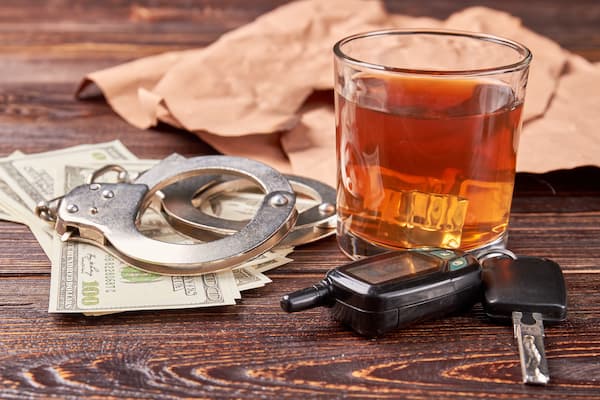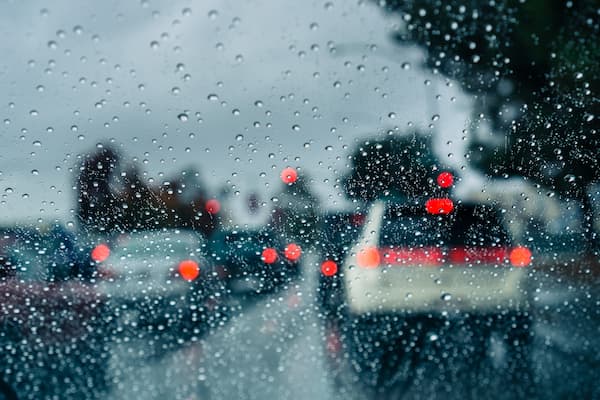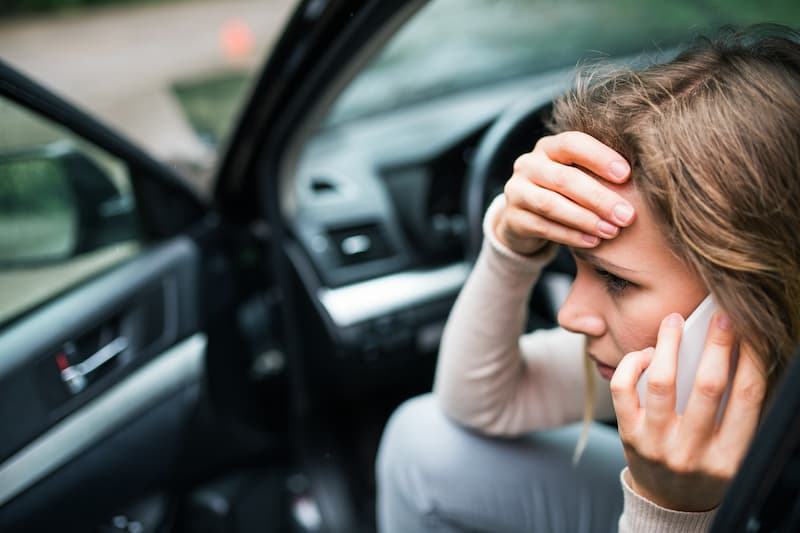Here’s the sad truth: in the United States alone, over 38,000 people die annually in fatality car accidents. In fact, car accidents are one of the leading causes of death for citizens under the age of 50.
You may be wondering what happens when someone dies in a fatal crash and how to proceed if either you or a loved one are involved in this type of tragedy.
While we hope you are never in this situation, follow these steps to find out what you should do, from keeping records up to contacting an attorney.
3 Common Types of Car Accidents Resulting in Death
After a fatal crash resulting in death, it can be difficult to move forward or find the right procedure for litigation. If you believe the other party is at fault, there are a number of potential examples as to why.
Keep reading to learn the 3 most common types of fatality car accidents in Florida so you are aware of how to handle each unique situation.
1. Drunk Driving
It is no secret that Florida is a top-rated vacation and party spot in the U.S. With that being said, around 135,000 accidents in Florida are alcohol-related. In 2018 alone, almost 1000 people died from car accidents that involved drunk drivers.
When it comes to these types of accidents, the driver of each vehicle will be tested for alcohol or substance abuse by the police. If either of the drivers test positive for alcohol, this will greatly affect the way the accident will be handled.
For instance, if a driver causes a fatality car accident and was, in fact, under the influence of drugs or alcohol, they may face severe penalties, including jail time. Additionally, any third-parties responsible, like a bar, can be held liable.

2. Road Obscurities
On any road, you have to keep an eye out for obstacles that may obscure your driving. These obstructions may include:
- Potholes
- Objects falling off of other cars
- Wildlife or animals crossing the road
Furthermore, a road obscurity may even include a brand new stop sign or pedestrian crossing that popped up the day before and was not seen right away. A mistake could be made at any moment that could result in a fatal car accident.
3. Inclement Weather
Here in the Sunshine State, Floridians are lucky not to experience snow and ice like northern states do. However, we do have severe thunderstorms, tropical storms, and hurricanes that should keep people off of the road.
When people do drive in these storms, it is one of the many accidents that can easily turn into a fatality. For instance, afternoon thunderstorms are very common during the summer months in Florida. It is not uncommon for a sunny afternoon sky to quickly fill with dark rain clouds and open up with a heavy deluge.
Many times, these storms catch even the most seasoned drivers off guard and can quickly turn into a very dangerous driving experience. They may even lead to a 10-car pile up, where several people are injured or even killed.
If you or a loved one experience a fatality car accident like the one mentioned above, consider the following steps on how to handle the tragic situation.

What to Do After A Fatality Car Accident
Car accidents are extremely dangerous and it is important to drive safely at all times. However, in the event of a car accident resulting in death, here is what you should do:
- Call 911 immediately
- Keep detailed & accurate records
- Take photos on the site of the accident
- Track expenses, including any medical expenses
- File an insurance claim
- Contact a personal injury lawyer
You should follow those steps with any accident to ensure you have ample proof of your argument in the case.
How a Personal Injury Lawyer Will Help You With a Fatality Car Accident
When you contact a lawyer, they will be able to help you get compensation for the many car accident-related expenses you may accumulate.
Some examples of the compensations you may be eligible for are:
- Medical bills
- Lost wages
- Loss of future earning
- Pain and suffering
- Loss of companionship
- Funeral expenses
Since a fatality car accident can be both emotionally and financially taxing, it can be extremely stressful to navigate the paperwork, phone calls, and logistics of the accident alongside your grief. The right personal injury lawyer will also help you make claims and keep records of the accident.
Keep reading to find out what you will need to prove your claim after a car accident resulting in death.
Does Insurance Help with a Fatality Car Accident?
Every car insurance policy in the state of Florida provides Personal Injust Protection (PIP). This would mean that as long as the injuries or death is reported within 14 days, your insurance will cover up to $10,000 in damages, loss of wages, etc.
Fatal car accidents likely cost more than that and you will then need to sue the other driver in order to make up the massive expenses. In Florida, the Wrongful Death Act states that you can sue someone if their negligence caused a death.
So, in this case, if the car accident was due to someone else’s negligence on the road (drunk driving, substance abuse, not following traffic laws, etc.), you could sue them under the Wrongful Death Act.
Handle a Fatality Car Accident with the Best Personal Injury Lawyers in Clearwater, Florida
At Carey Leisure Carney, our experienced personal injury lawyers will do whatever they can to help you during the hard time following a car accident resulting in death.
We know that nothing can replace the person you lost, but we will do whatever we can to help your life feel easier. Our team of board-certified experts will care for you with empathy, compassion, and the power to get you what you deserve.
When you become our client, we are available for you 24/7 and we will leave no stone unturned when it comes to winning your case. Let us help you with your fatal car accident case. Contact us at (727) 291-9354 for a free no-obligation consultation and case evaluation.
